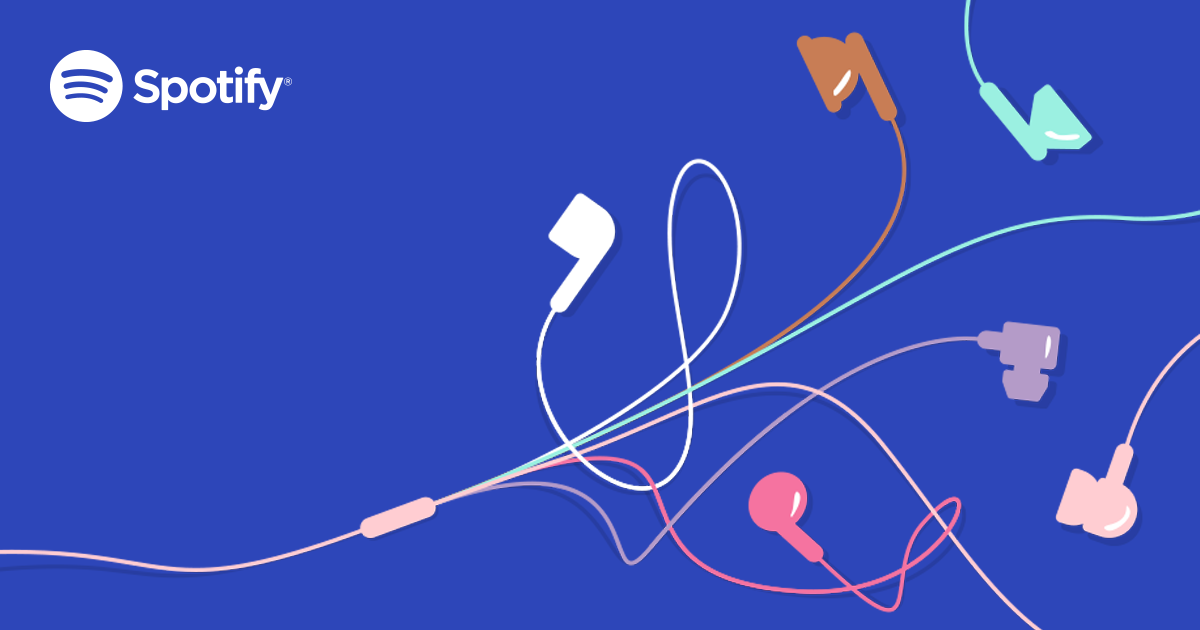
If you’re a Spotify subscriber, then you will have noticed that they are pushing podcasts onto you as of late. I for one love podcasts, so I find it incredibly helpful when I see podcast “suggestions” in my app. But does this mean that Spotify is looking to get into the podcasting business? By all accounts, the answer might be yes. Last week, Spotify acquired Gimlet Media, which is a podcast producer and network, for about $230 million. But they have also purchased Anchor, who is a startup that makes it easier for people to record and distribute their own podcasts. And they show no sign of stopping.
In fact, Spotify has another acquisition in mind, and they are expecting to spend up to $500 million on podcast deals this year. $500 million is a lot of money for these kinds of acquisitions, so it definitely points in the direction that Spotify wants to get into the podcast game a little bit deeper. What’s interesting is that this wasn’t the plan for CEO Daniel Ek, when he founded Spotify 11 years ago, but things definitely change. Ek says that Spotify is now the world’s
I have a couple of questions about this slight change in business model. To start, is this a good move for Spotify? And also, is this something that they can afford to do?
“We are building a platform that provides a meaningful opportunity for creators, excites and engages our users, and builds an even more robust business model for Spotify in an industry we believe will become significantly larger when you add Internet-level monetization to it.”
Daniel Ek, Spotify CEO on why Spotify is making the shift to podcasting.
The bottom line for Spotify is that they believe they can find new users, while at the same time keeping existing users and generating more money in order to increase profit margins. According to Spotify, it’s cheaper to make or license podcasts than it is to do the same for songs from big labels and hit artists. And this is something that I can definitely get behind as this tracks with my current listening habits. Don’t get me wrong, I enjoy rocking out while I’m on the treadmill, but for other times of the day, my preference is more easy listening. Either podcasts or audio books.
Can Spotify actually pull this off from a monetary perspective? Perhaps. They have announced their fourth-quarter earnings from 2018, and have revealed that their subscriber base grew from 87 million to 96 million, which is up 30%. This, combined with the fact that Spotify grew to become the second largest creator of podcasts in just over two years, seems pretty incredible. The number of paid subscribers that Spotify has is almost double to that of Apple Music, whose latest earnings call put its numbers at only 50 million.
We’ve explored how Spotify can make this happen now, but the next question would be whether or not they can sustain it. Will people be enticed by podcasts long term? While podcasts have certainly been gaining in popularity, there isn’t any indication of whether that will continue or remain unchanged. 2019 will be an interesting and exciting year for Spotify and we look forward to seeing the numbers.
